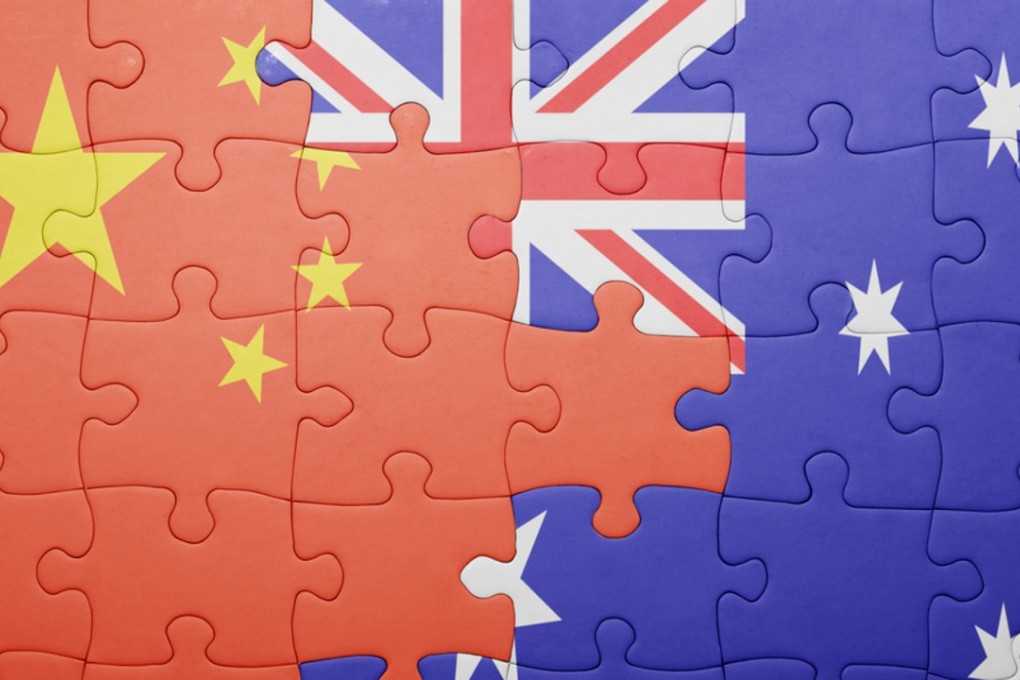China, Australia kiss and make up but things will never be the same
Canberra walks a tightrope between growing anxieties about the rising influence of Beijing, its No 1 trading partner, and maintaining the post-war, American-led ‘rules-based order’

When Julie Bishop emerged from talks with her Chinese counterpart Wang Yi in Buenos Aires this week, the top Australian diplomat described their discussions in glowing terms.
“We certainly had a very warm and positive meeting, as I expected,” Bishop said after meeting Wang on the sidelines of the G20 foreign ministers meeting on Tuesday. “I get along very well with Foreign Minister Wang Yi.”
Why Australia’s cure for Chinese influence is worse than the disease
Behind the diplomatic niceties, though, the meeting, which reportedly touched on issues including security, trade and North Korea, was widely seen as an effort to smooth over increasingly glaring tensions.
In sharp contrast to Bishop’s upbeat tone, Wang issued a revealing statement after the meeting calling on Australia to “take off the tinted glasses” and be more positive toward China’s rise.
China-Australia relations are their most strained in years, observers say, as Canberra wrestles with growing anxieties about the rising influence of Beijing, its No 1 trading partner, both here and across the region.
The Trump effect: China to eclipse US power in Asia by 2030, says Lowy Institute
“Australia has been remarkably sloppy in the conduct of China policy and the rhetoric has been uniformly negative, and that’s created a situation where there’s an expectation there will need to be some kind of correction,” Bob Carr, a former foreign minister and director of the Australia-China Relations Institute, told This Week in Asia.